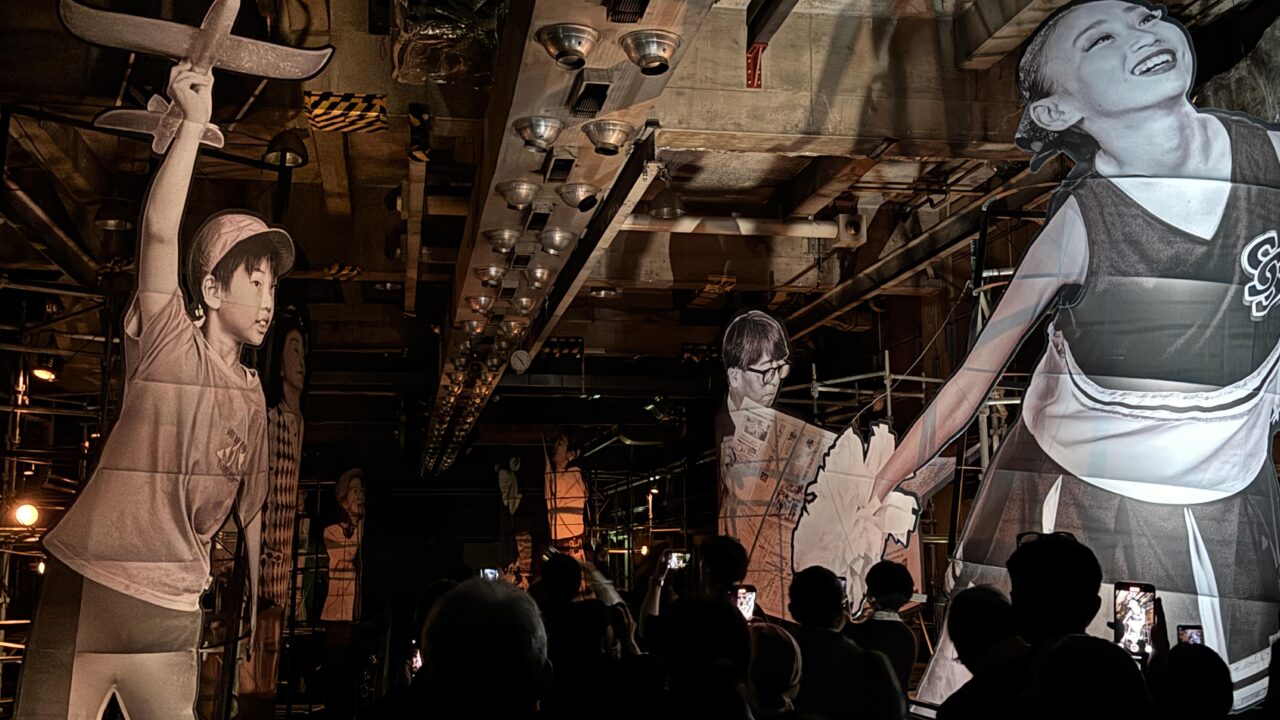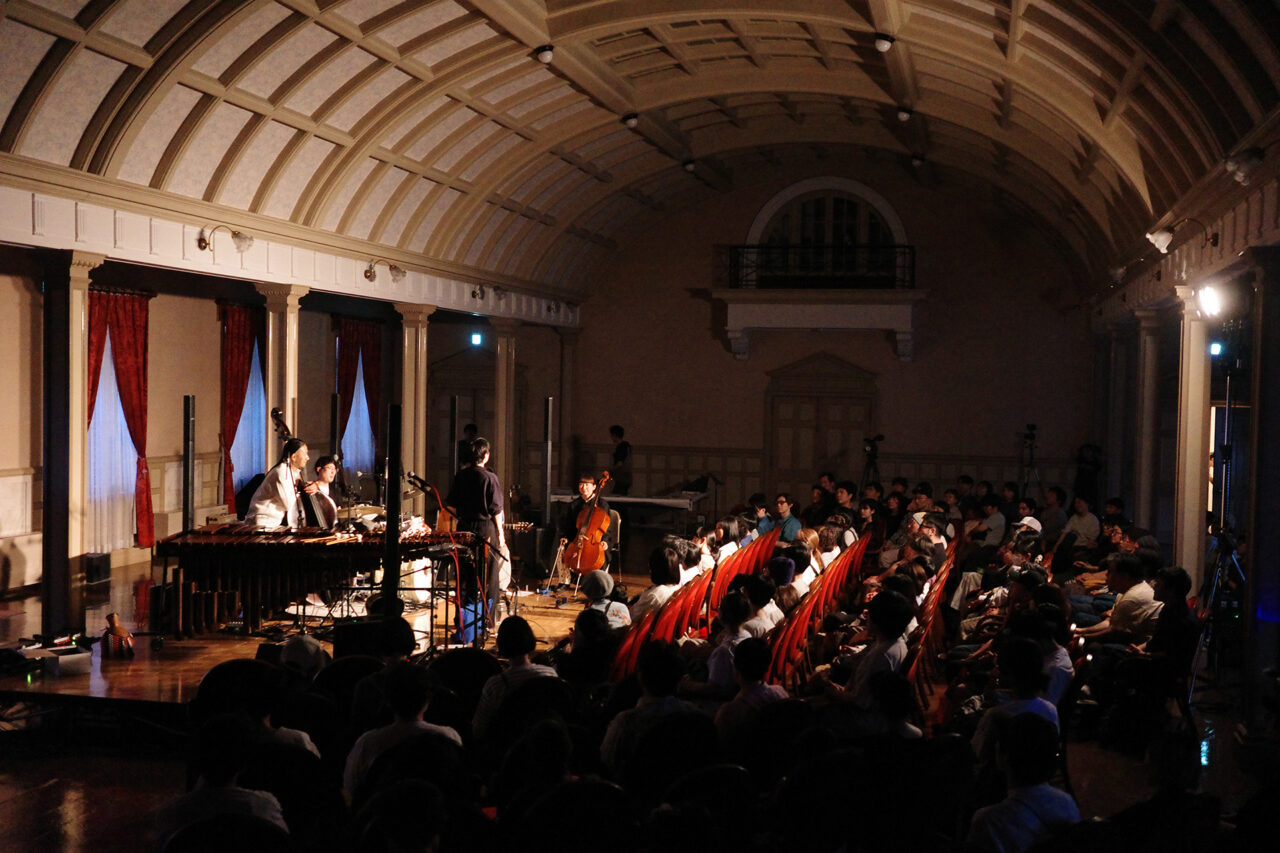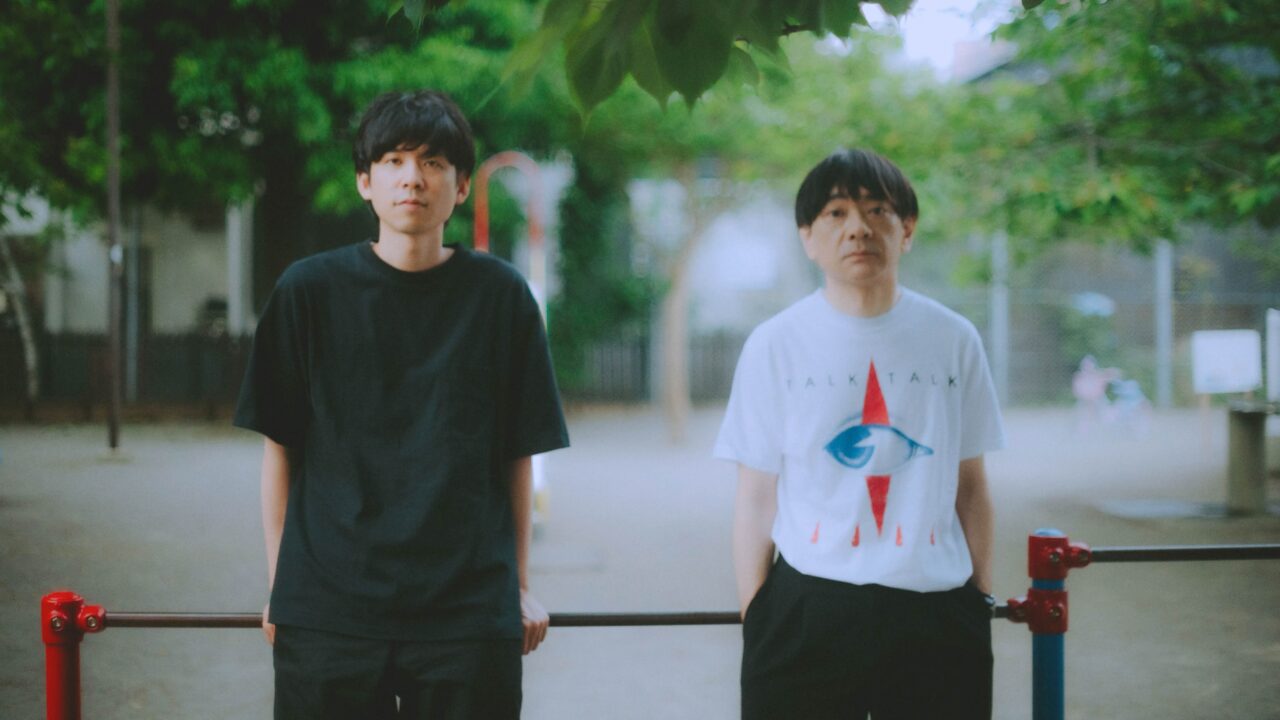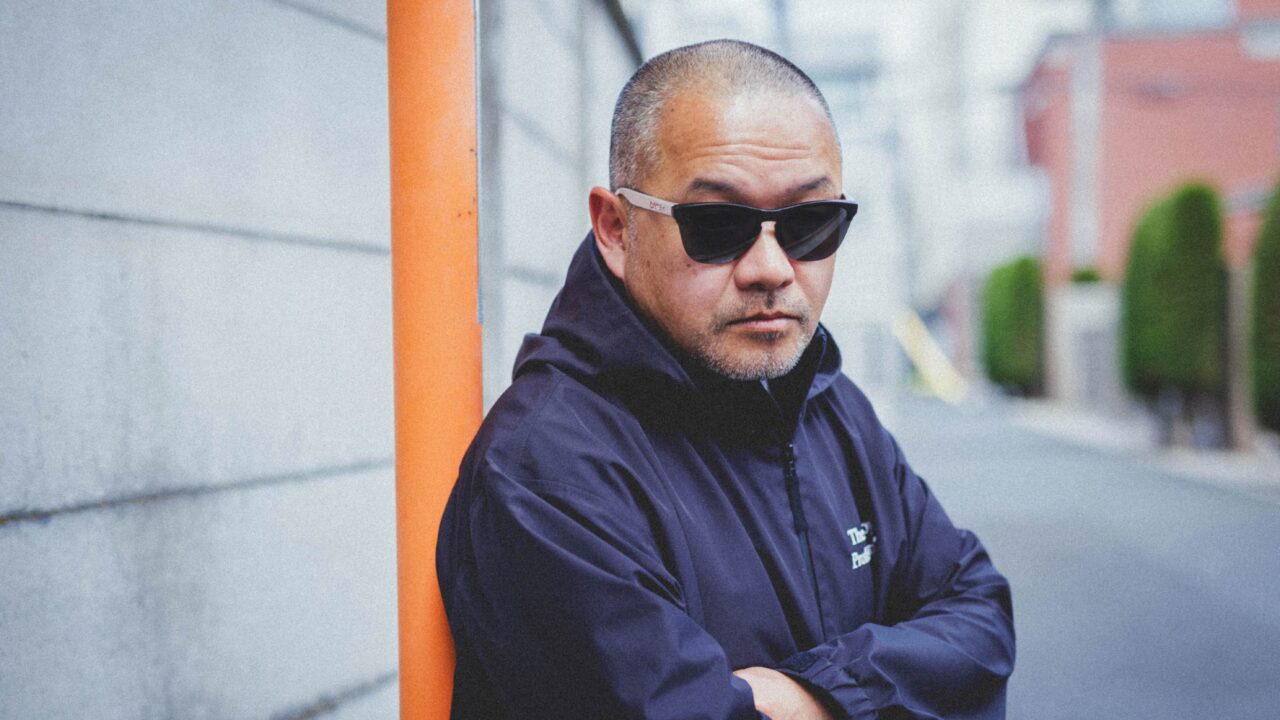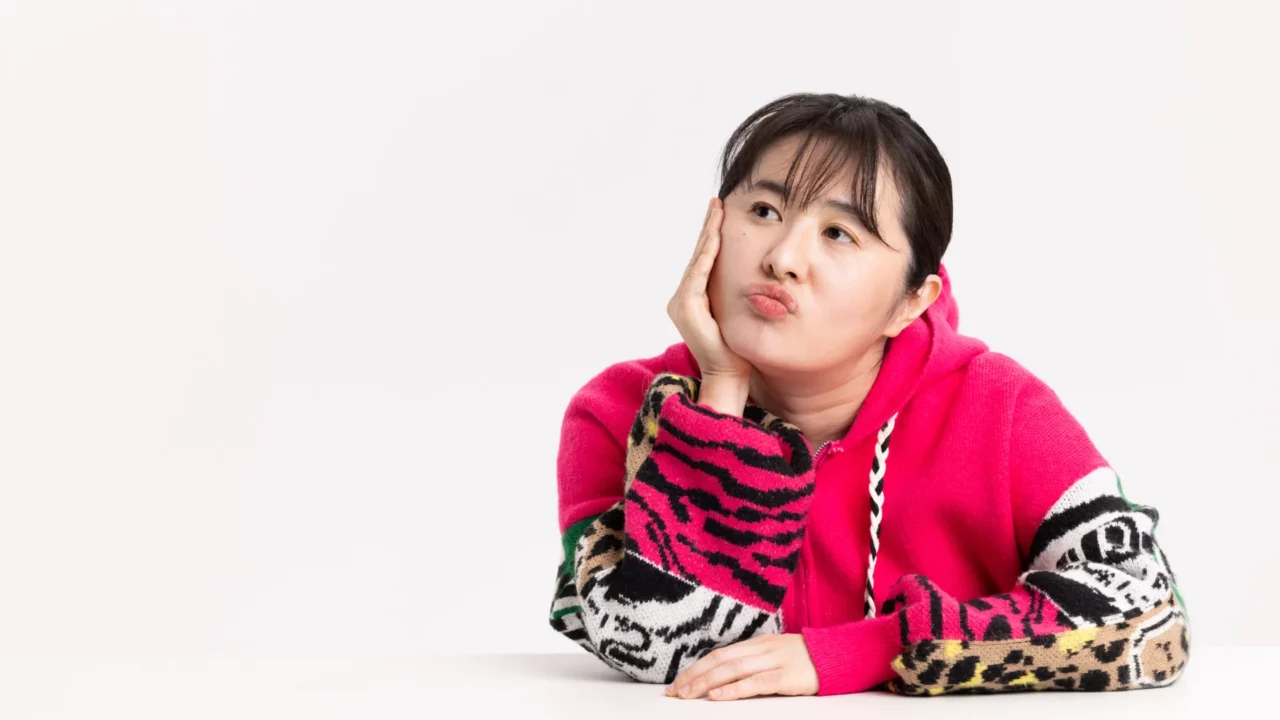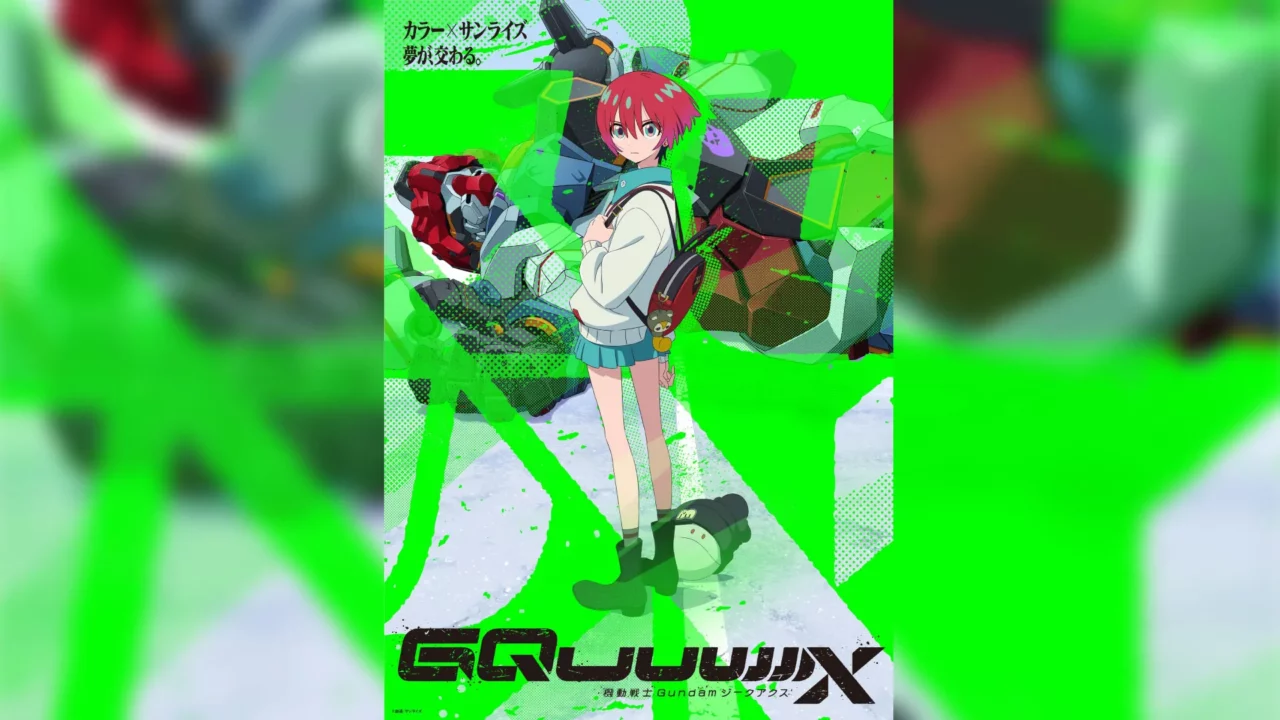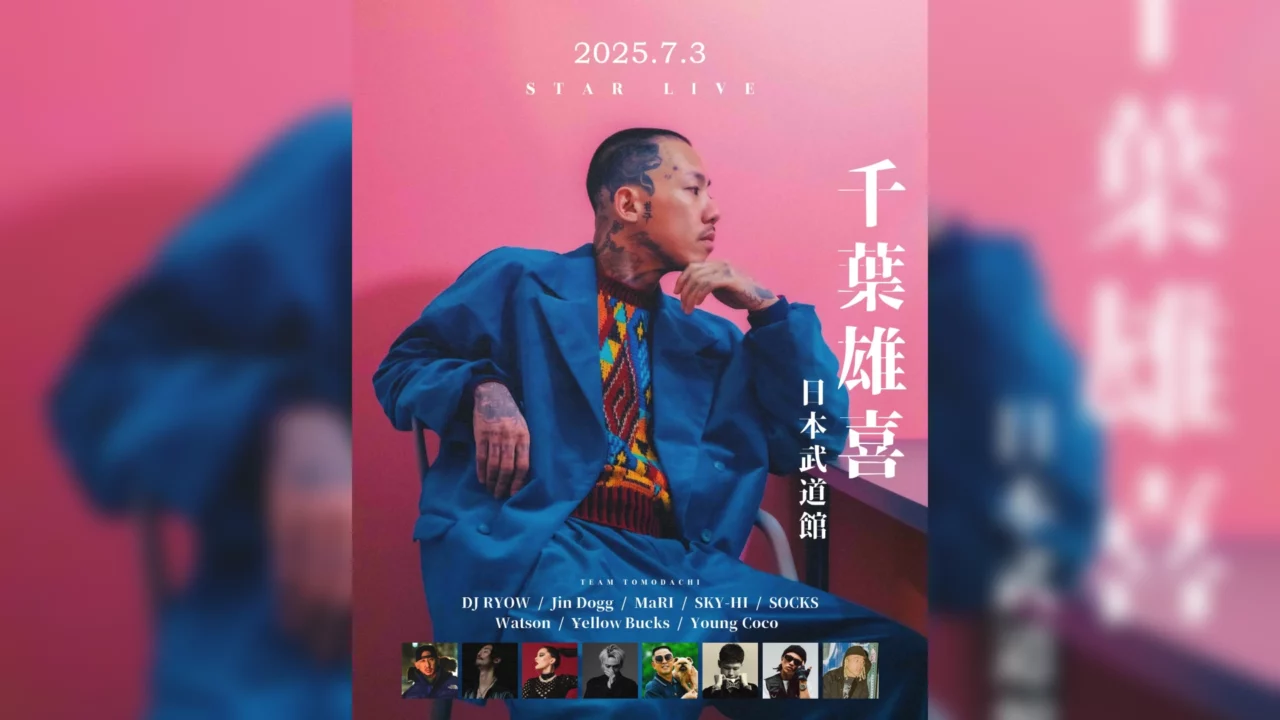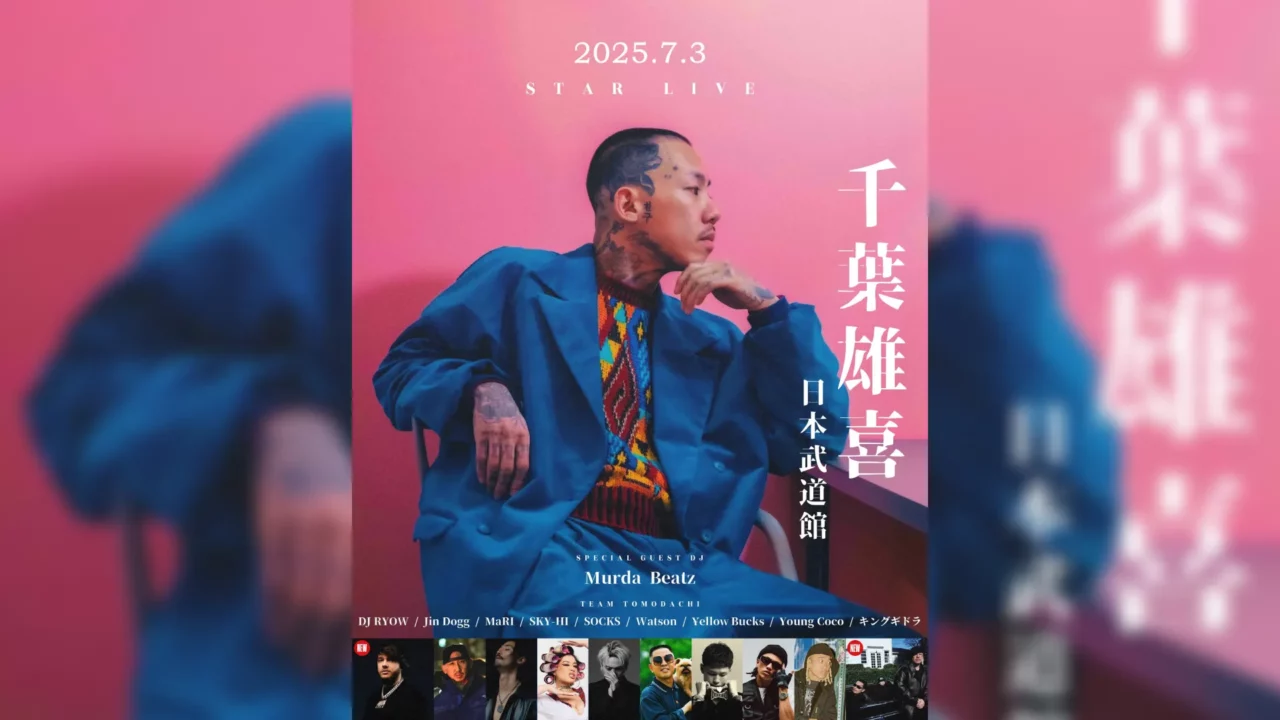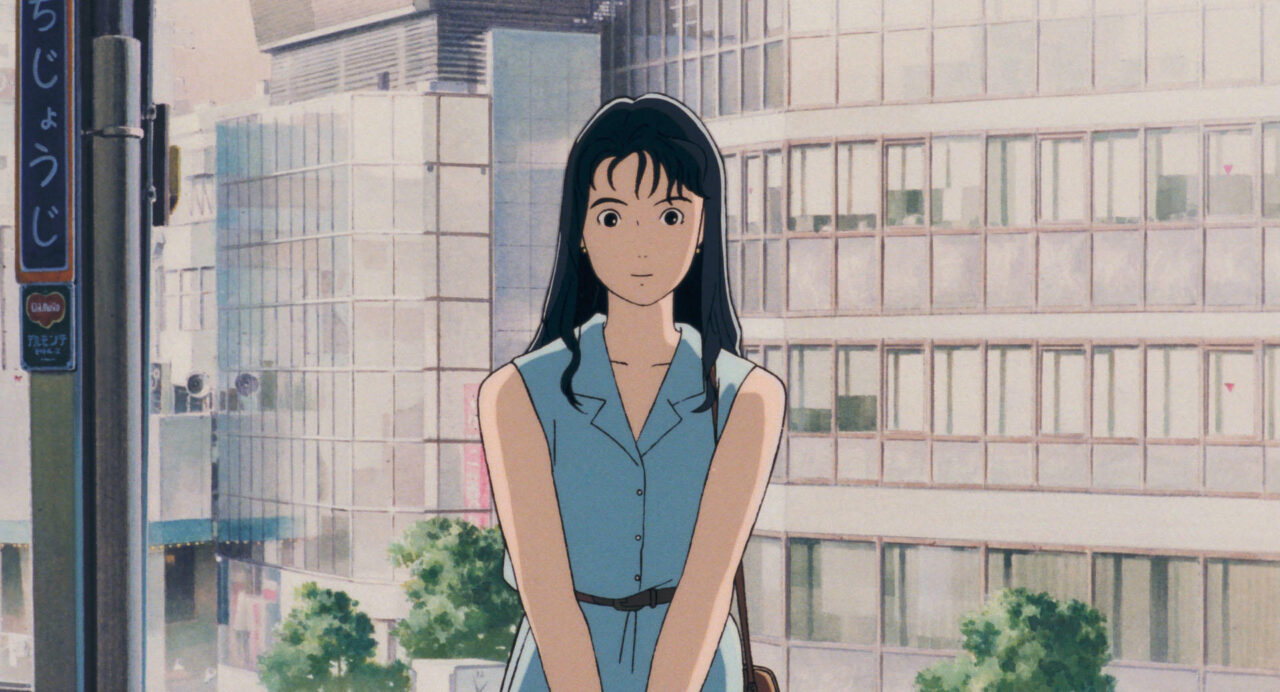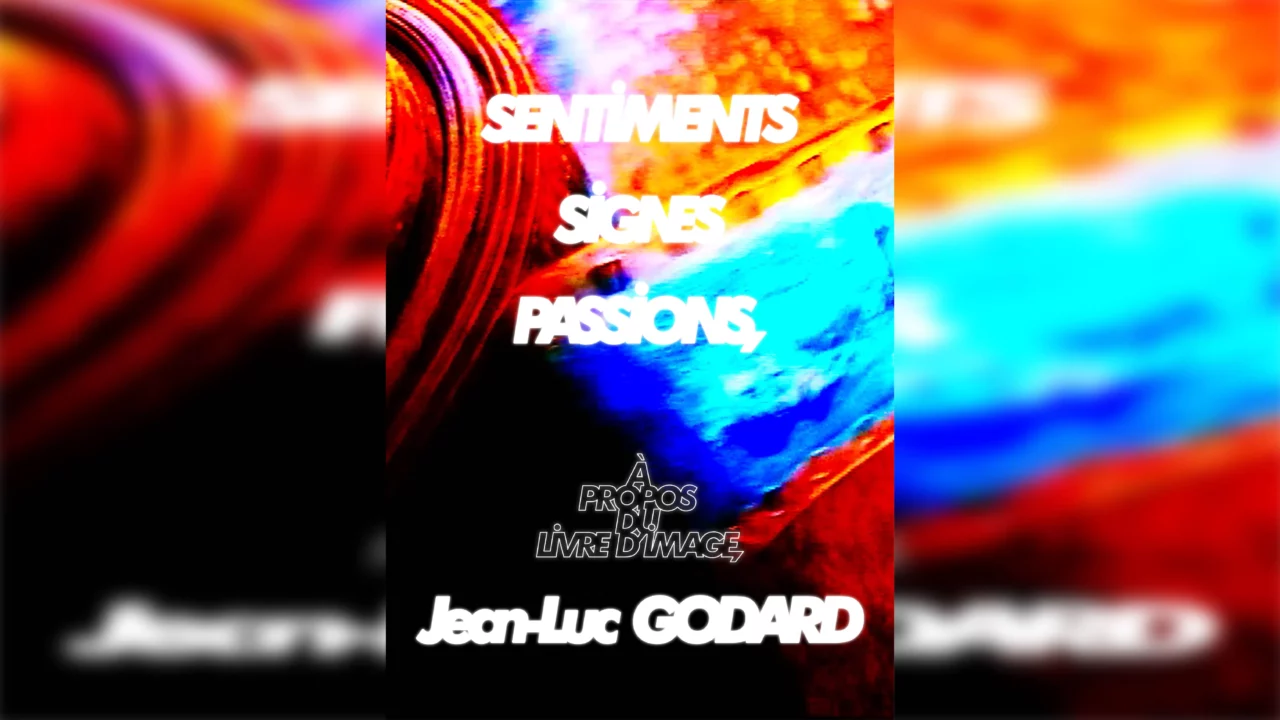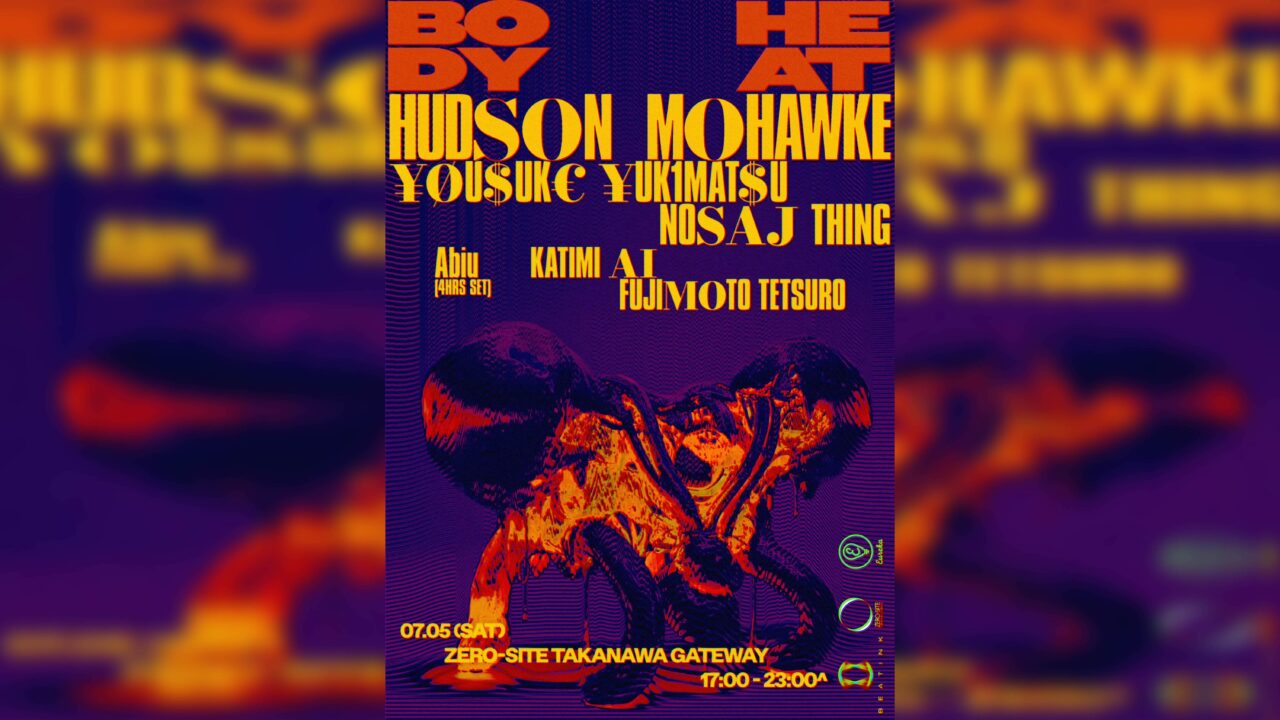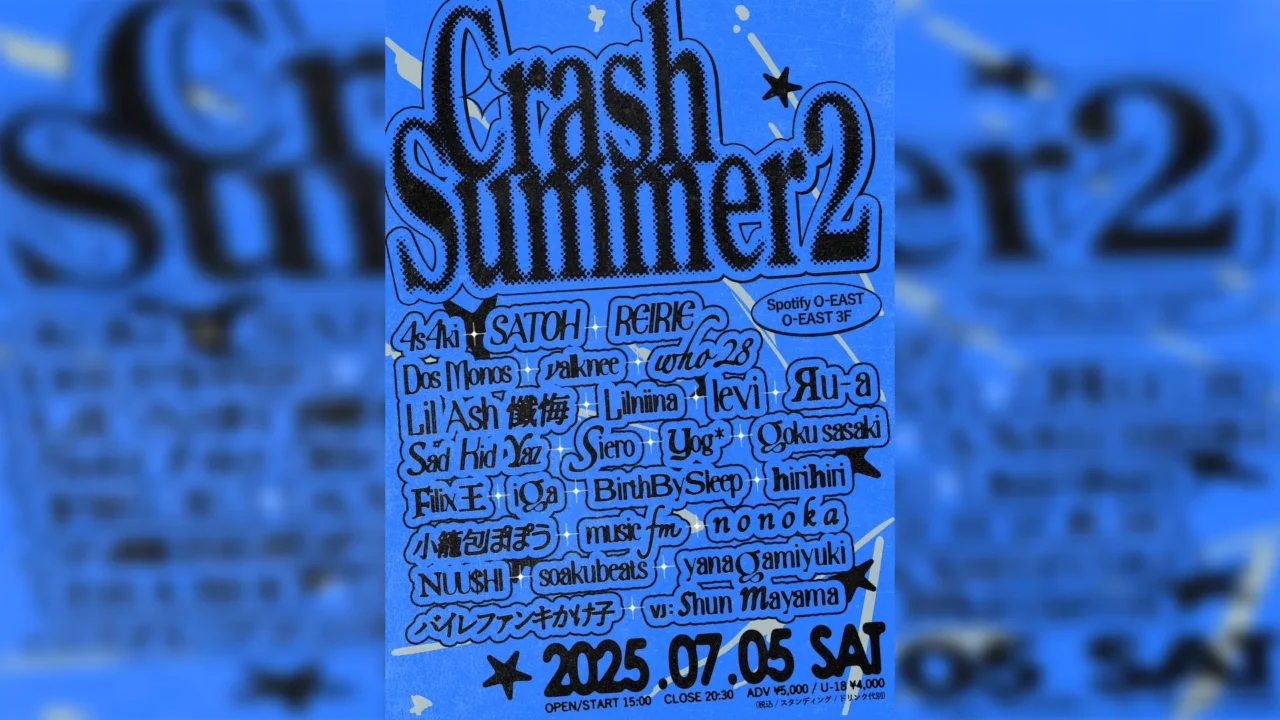Toshiki Okada, the founder of Chelfitsch, is set to revive The Metamorphosis of a Living Room, a play he both wrote and directed, in collaboration with composer Dai Fujikura, as part of Tokyo Festival 2024. Although it’s labeled as a “music drama,” Okada has emphasized in interviews that this work features an incredibly rare and unique synergy between music and theater, where the two art forms are inseparable. Fujikura’s chamber music-style composition is expected to resonate with theater enthusiasts while also appealing to music fans who may not usually engage with plays. The rich and profound sound of the string quartet is sure to impress many. For this revival, Okada has invited musician and singer-songwriter Kaho Nakamura, who experienced the piece during its 2023 performance in Germany, to participate in a dialogue. Their conversation promises to reveal insights that only a musician and a director could uniquely uncover, creating an enriching exchange of ideas.
INDEX
Toshiki Okada and Yoshiho Nakamura: The Moments that Sparked Their Mutual Recognition
Both of you have experienced each other’s work, is that right?
Nakamura: Yes. The first performance I saw was Eraser Forest, a collaboration between Chelfitsch and Teppei Kaneuji, back in 2020. I was thinking, “I have a day off tomorrow; I’d like to go somewhere,” and I noticed the flyer, which piqued my interest, so I decided to attend.

Nakamura: Later, I caught Unfulfilled Ghost and Monster – ZAHA / TSURUGA, which featured my friend Tabito Nanao. I vividly recall how skillfully he was integrated into the performance. Tabito has an incredible ability to convey music and command the stage; he’s like a bard who can play long into the night, even past the last train. However, in Unfulfilled Ghost and Monster, his recurring appearances and swift disappearances throughout the play truly highlighted his musicianship in an intriguing manner.

Born in 1992, Kaho Nakamura is a musician who began her music career in Kyoto at the age of 20. She continues to expand her musicality through various formats, including solo, duo, and band performances. Each time you see her, there are new discoveries to be made, and she is set to broaden her resonance both domestically and internationally. In 2018, she released her album AINOU. In 2019, she released three digital singles and a CD. That same year, she performed at the FUJI ROCK FESTIVAL and organized her own event, Uta no Genzaichi 2019, at Studio Coast in Shin-Kiba, Tokyo, among many other performances. In June 2021, she released “Aimiru.” She also provided the voice and singing for the protagonist Suzu/Belle in Mamoru Hosoda’s latest film, Belle.
Okada: I’m a huge fan of Nakamura’s music. The first song I listened to was “Kitto ne!” and when I heard the line “Kurushii kurai no itami o choudai,” particularly the emphasis on “da,” it struck a chord with me. Once you have an experience like that, she turns into a uniquely special artist in your life.

Playwright / Novelist / Artistic Director of Chelfitsch. His unique relationship between language and body in his techniques has garnered attention, leading to him winning the 49th Kishida Kunio Drama Award in 2005 for “Sangatsu no 5 Nichikan.” Since 2016, he has been consistently involved in the creation and direction of repertoire works at public theaters in Germany. In recent years, he has actively collaborated with artists from various fields, broadening his scope of activities, including directing the opera “Yuzuru” (2021) and writing and directing the Kabuki play “Sakurahime: The Eastern Story” (2023). As a novelist, he won the 2nd Oe Kenzaburo Prize in 2007 for “Watashitachi ni Yurushita Tokubetsu na Jikan no Owari” (Shinchosha) and received the 35th Yukio Mishima Prize and the 64th Kumamoto Literature Prize in 2022 for “Broccoli Revolution” (Shinchosha).
Nakamura: Thank you.






